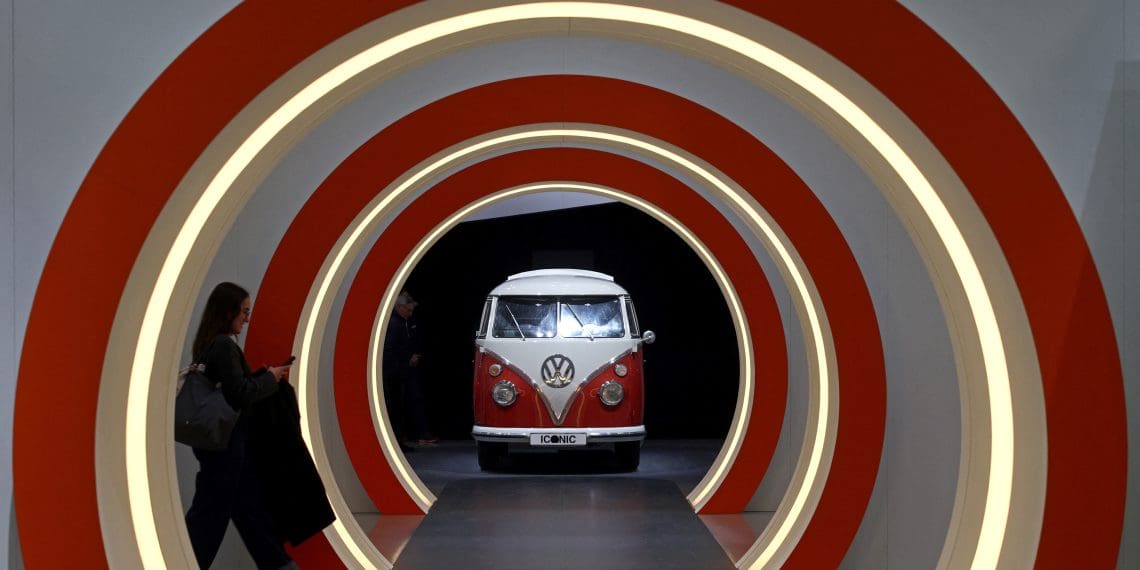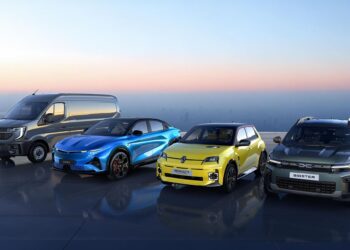The European Union will not bow to mounting pressure from automakers and political factions to soften its car CO2 emissions regulations, EU climate commissioner Wopke Hoekstra confirmed on Thursday. Speaking at an industry event in Brussels, Hoekstra unequivocally rejected calls to dilute the EU’s ambitious climate policies, emphasizing their necessity to achieve Europe’s legally binding climate goals.
Pressure from Automakers and Politicians Intensifies
Europe’s automotive sector is reeling from challenges such as weak consumer demand, rising competition from Chinese manufacturers, and sluggish electric vehicle (EV) sales. Adding fuel to the debate, the European People’s Party (EPP), the EU’s largest political group, has launched a campaign advocating for the relaxation of emissions laws. Their primary demand? Provide automakers relief from the stringent 2025 CO2 limits.
The industry claims these rules could result in €15 billion ($15.8 billion) in fines for non-compliance, diverting much-needed capital from EV and innovation investments. ACEA, Europe’s leading automaker association, has proposed adjustments such as calculating compliance based on a three-year average rather than an annual basis.
Hoekstra Stands His Ground
Hoekstra, who is a member of the EPP political group, dismissed the proposed policy rollbacks, reiterating the European Commission’s commitment to its emissions targets.
- “No. The answer is no,” Hoekstra said when asked if revisions to the car CO2 rules were being considered.
The commissioner emphasized that the regulations provide a predictable investment framework for companies, which is crucial for driving the transition toward sustainable transportation. The EU believes automakers must accelerate efforts to meet these regulations rather than seek loopholes.
A History of Compliance Challenges
This isn’t the first time automakers have pushed back against EU climate mandates. In 2020, major players like Volkswagen faced penalties exceeding €100 million for failing to meet emissions targets. Critics argue that the industry has a track record of resistance rather than innovation, despite having years to adapt to stricter regulations.
Balancing Climate Goals with Economic Stability
The EPP’s proposed solution to allow automakers to miss next year’s targets and “catch up” in 2026 and 2027 has sparked fierce debate. While proponents claim it offers the flexibility needed to stabilize the industry, opponents argue it undermines the urgency of climate action.
Hoekstra, however, highlighted the broader necessity of the rules:
- “These regulations are critical not only for achieving our climate commitments but also for ensuring Europe remains a leader in the global automotive transition.”
Industry at a Crossroads
Europe’s automotive sector finds itself at a pivotal moment, juggling the demands of decarbonization, fierce global competition, and evolving consumer preferences. As the EU holds firm, automakers face a stark choice: adapt to the new reality or risk falling behind in the race for sustainability.
With the 2025 targets looming large, the tension between environmental imperatives and economic pressures will only intensify. Whether automakers can rise to the challenge without policy concessions remains a critical question for Europe’s future.










